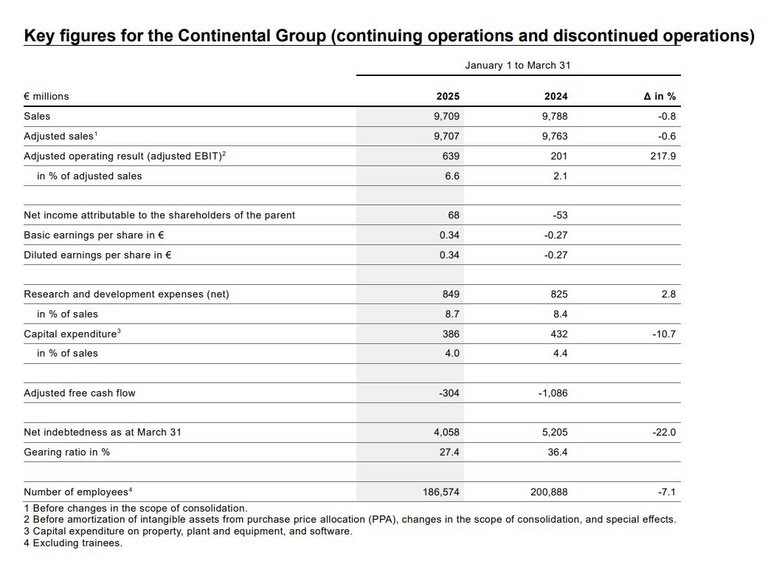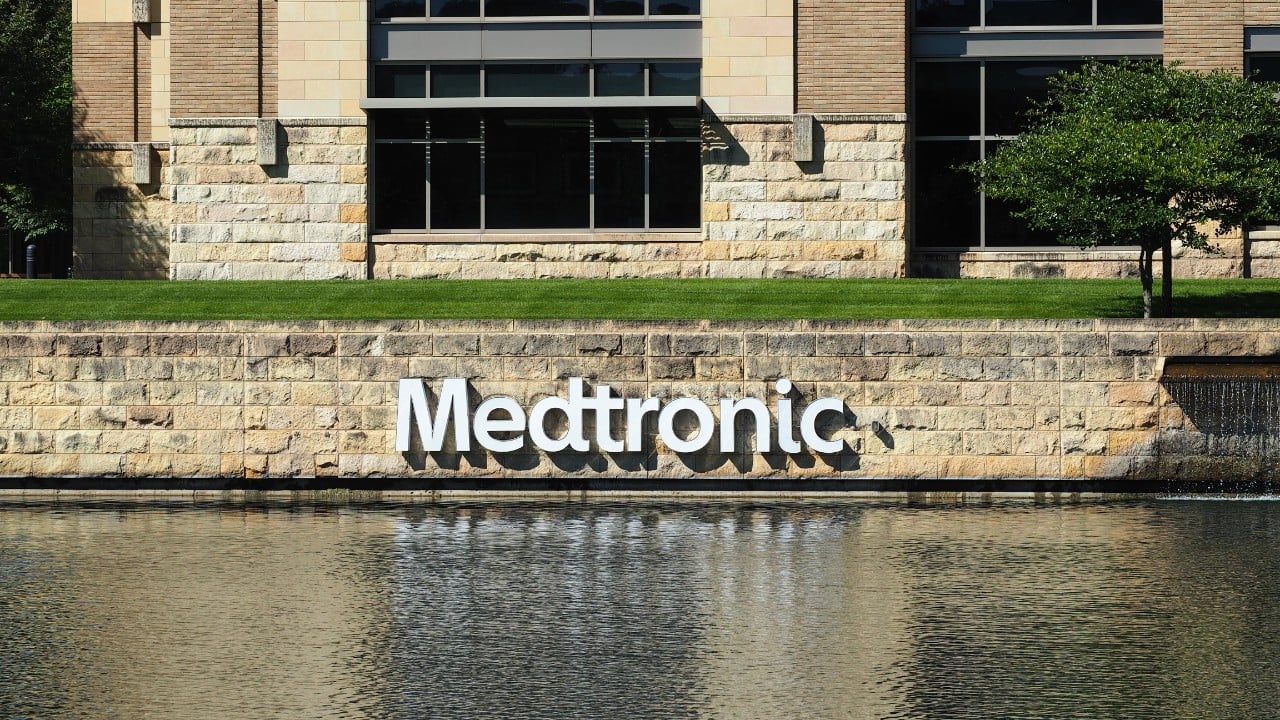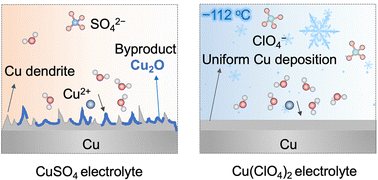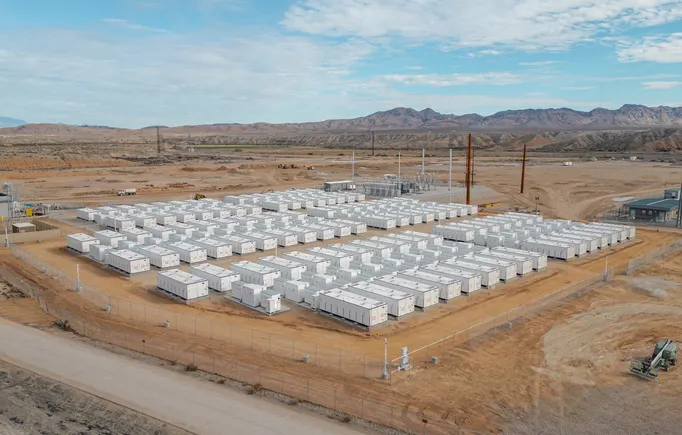6 Types of Home Loans for First-Time Buyers
Learn six popular types of home loans for first-time homebuyers. These options can make it easier to buy your first home with low down payment options. The post 6 Types of Home Loans for First-Time Buyers appeared first on Redfin | Real Estate Tips for Home Buying, Selling & More.


Saving up to buy your first home can seem daunting, especially if you’re aiming for a 20% down payment. However, as a first-time buyer, there are several types of home loans that offer you lower down payment options and can make it easier to become a homeowner.
In this Redfin article, we’ll cover six types of home loans for first-time buyers and other assistance programs. Whether you’re buying a home in Houston, TX, or in St. Paul, MN, there are home loans for buyers at different income levels, credit scores, and down payment amounts. Find out which works best for you.
Mortgage loan types and programs for first-time buyers
- Conventional loans: Down payments from 3% to 20%.
- FHA loans: Government-backed loans that offer down payments as low as 3.5%.
- VA loans: 0% down payment mortgages for qualifying veterans, service members, surviving spouses, or other beneficiaries.
- USDA loans: 0% down payment mortgages in eligible rural and suburban areas.
- Fannie Mae and Freddie Mac: Conventional loans with 3% down for low-income or moderate-credit borrowers.
- First-time homebuyer programs: Loans, grants, or credits that help reduce your down payment or closing costs.
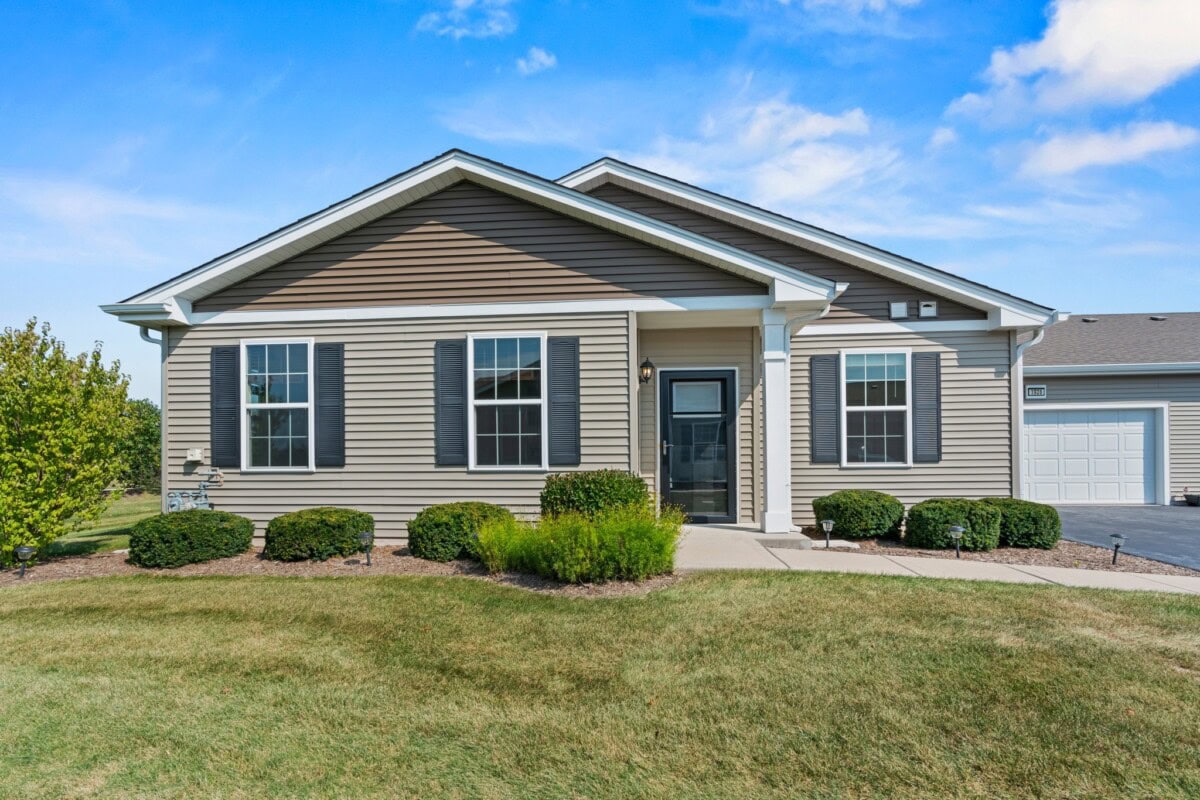
1. Conventional loans
Conventional loans are one of the most common options for first-time buyers and are offered by private lenders like banks and mortgage companies.
- Down payment amount: As low as 3%
- Credit score: at least 620
- Other requirements:
- Debt-to-income (DTI) ratio typically below 36%
- Loan limits: $806,500 in most areas, up to $1,209,750 in high-cost markets
- Private mortgage insurance (PMI) required if putting down less than 20%
A higher down payment can qualify you for better terms, a lower rate, and reduced private mortgage insurance.
2. FHA loans
Federal Housing Administration (FHA) loans are mortgages that help buyers with a higher debt-to-income ratio and lower credit scores.
- Down payment amount: 3.5% minimum down
- Credit score: at least 580 to qualify for 3.5% down | 500–579 requires 10% down
- Other requirements:
- Mortgage insurance premiums (MIP) required for the life of the loan
- Property must meet certain condition standards
3. VA loans
Veterans Affairs (VA) loans are mortgages for eligible veterans, service members, and surviving spouses.
- Down payment amount: 0% down
- Credit score: No minimum score, but most lenders prefer at least 620
- Other requirements: Available to eligible veterans, spouses, and other beneficiaries. Service requirements apply.
VA loans also don’t require PMI, which can lead to significant savings.
4. USDA loans
A U.S. Department of Agriculture (USDA) loan is a mortgage for buyers in eligible suburban or rural areas.
- Down payment amount: 0% down
- Credit score: at least 580
- Other requirements:
- Income must fall within program limits
- Home must be in a USDA-eligible area
5. Fannie Mae and Freddie Mac loans
Fannie Mae and Freddie Mac are conventional loans that offer more options for first-time homebuyers who have less credit or lower income.
HomeReady (Fannie Mae)
- Down payment amount: 3% down
- Credit score: at least 620
- Income limits: 80% of area median income (AMI)
- Other requirements: Your home must meet certain eligibility standards and LTV, CLTV, or HCLTV ratios above 95% are subject to additional requirements.
HomePossible (Freddie Mac)
- Down payment amount: 3% down
- Credit score: at least 660
- Income limits: 80% of area median income (AMI)
- Other requirements: Home must meet certain eligibility standards.
6. First-time homebuyer programs
In addition to loans, you may also be able to receive money toward a down payment or closing costs through a program designed especially for first-time homebuyers. There are more than 2,500 homebuyer programs in the U.S., including many offered locally to encourage homeownership in a city or county.
There are three main types of first-time homebuyer programs:
1. Grants: You usually don’t have to pay back a grant.
2. Loans: You eventually pay back a loan. Sometimes these loans are interest-free.
3. Tax credits: These reduce the amount of tax you owe as a way to make homeownership more affordable.
Each organization and program has its own rules, but many have income limits. Some base how much they’ll give you on the home’s sale price, while others only contribute a flat amount. Make sure to ask about any restrictions on renting the home out or selling it within a certain timeframe.
You may have to participate in a class on homeownership or responsible borrowing to take advantage of certain programs. But if you’re a first-time homebuyer, these classes can be helpful.
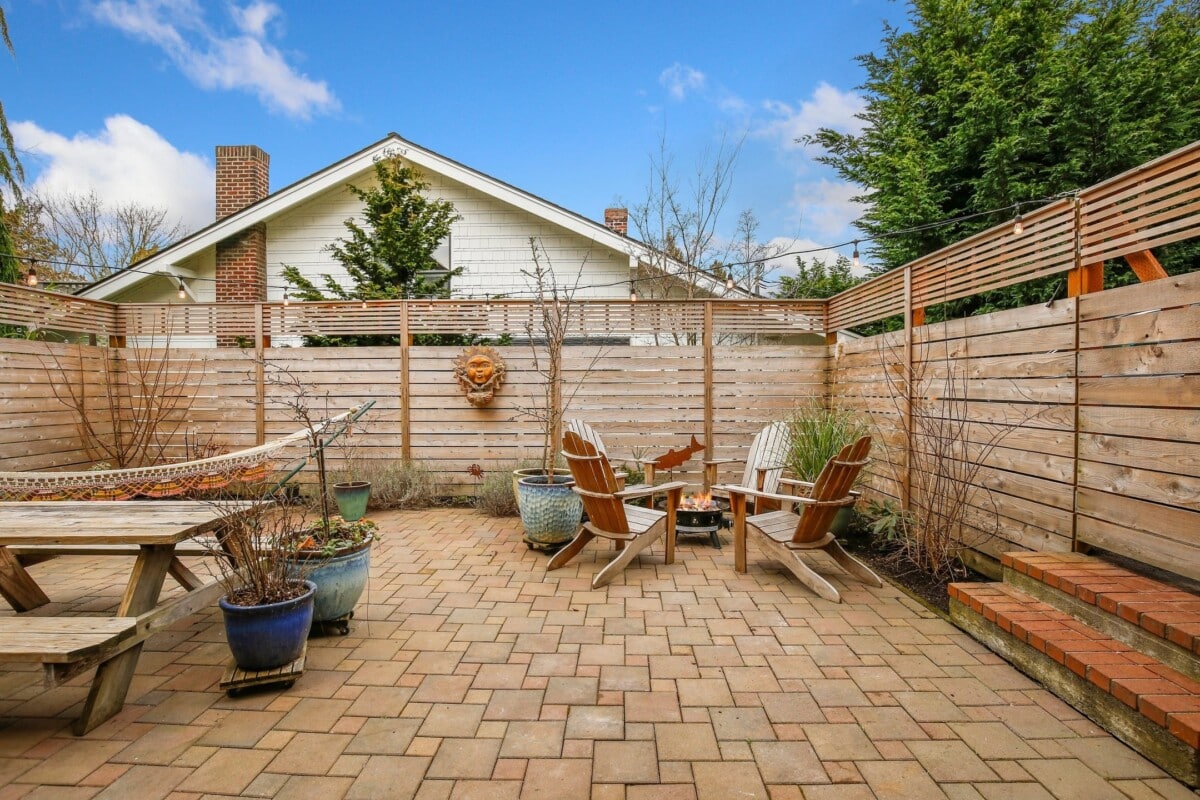
Loans for buyers in certain professions
If you’re a teacher, law enforcement professional, firefighter, or EMT, talk to your loan officer about lending options that may help you save even more money, such as the Good Neighbor Next Door program. There are also special physician loans that can help medical doctors and dentists buy a home even while carrying significant medical school debt.
What are government-backed loans?
FHA, VA, and USDA loans are types of home loans insured by the U.S. government. Because of this insurance, lenders can be less strict about who they loan money to. If you’re a lower-income buyer or a new homebuyer without much credit, it’s easier to qualify.
These types of home loans have disadvantages to consider. Homes must meet certain standards, meaning you may have fewer options to choose from. You must also live in the home as your primary residence, so you can’t use it as an investment or rental property.
Which loan or homebuyer program is right for you?
Think about your financial situation, location, and the loan or program’s requirements to choose the right home loan or program for your needs. Make sure to compare options as some programs save you money upfront, but may charge you a higher interest and fees. Consider speaking to a lender or real estate agent about programs and loan options that work best for you.
The post 6 Types of Home Loans for First-Time Buyers appeared first on Redfin | Real Estate Tips for Home Buying, Selling & More.











